Department
Food Science and Technology
Food Science and Technology
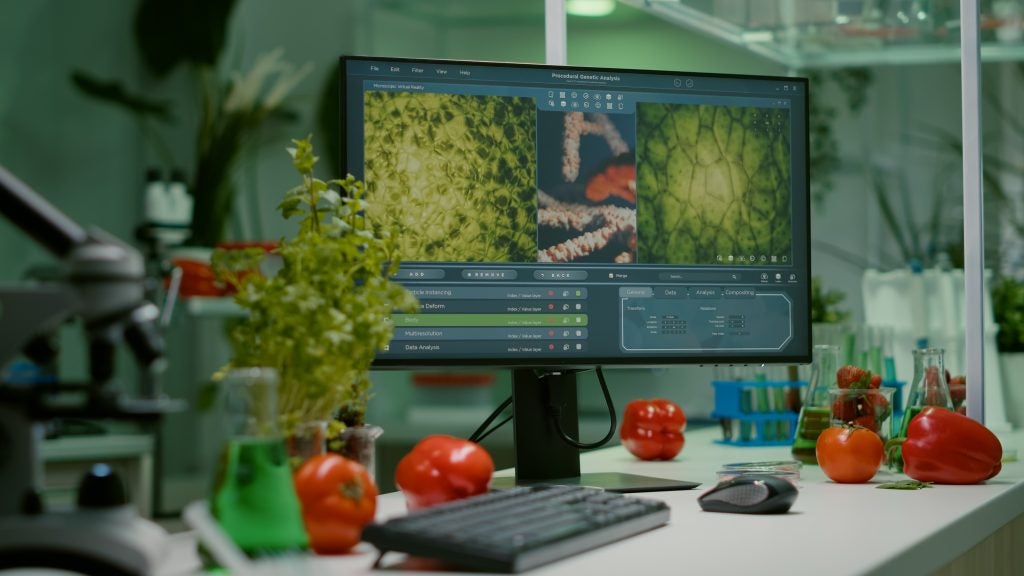
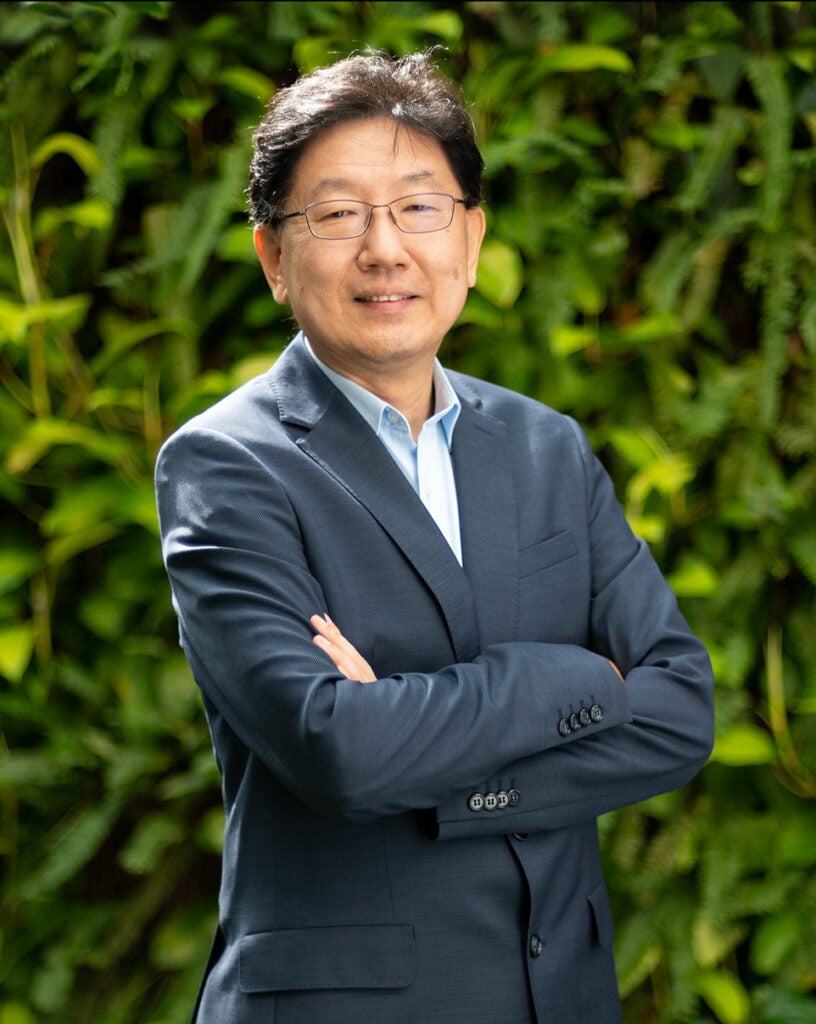
Prof ZHOU Weibiao
Head of Department
“While we are a young department, we take pride in being forward-looking and remain committed to our vision of becoming a global leader in food and nutrition security, and sustainability.”
Shaping Future Talent
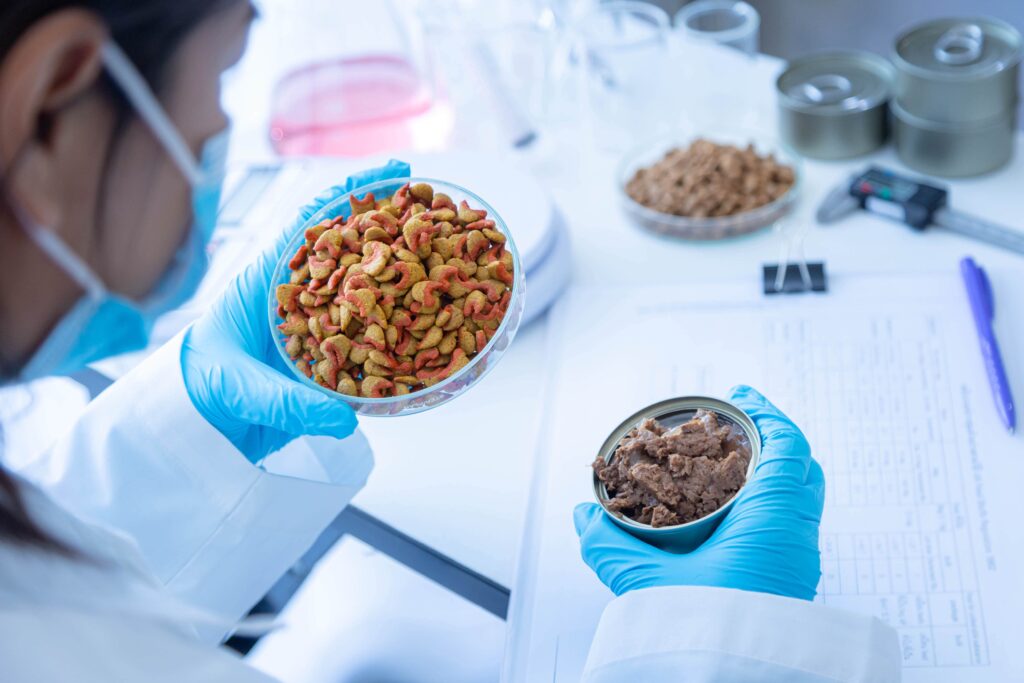
The Department of Food Science and Technology continued to expand our suite of educational programmes under the College of Humanities and Sciences (CHS). We launched a new Second Major in Nutrition which equips students with a cross-disciplinary perspective on food by bridging the relationship between food and health.
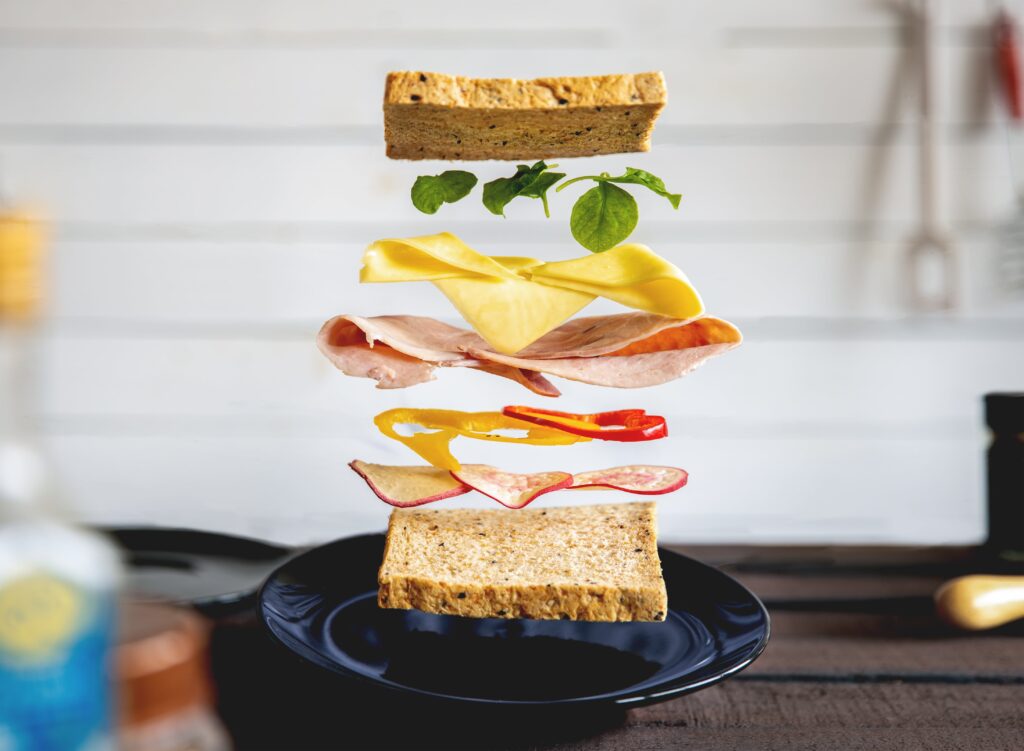
We also launched a new Scientific Inquiry module, HSI2007: Deconstructing Food to an inaugural cohort of 200 students. This module provides non-specialist students a deeper understanding of food and enables them to weigh the multifactorial impacts of their food choices that shape future food demand.
The generosity of our benefactors ensures that our students enjoy a full educational experience.
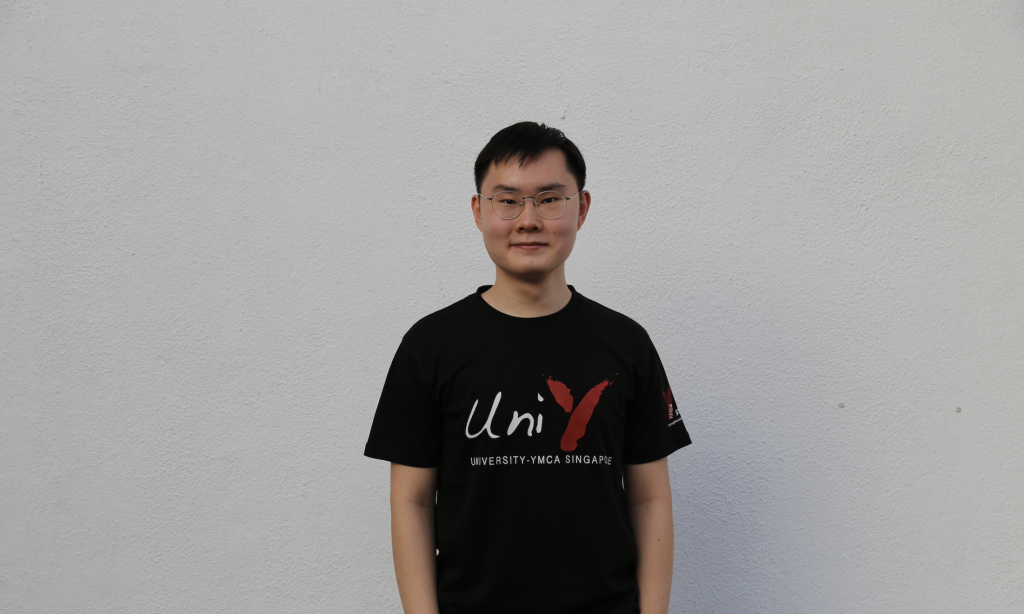
Kerry Ingredients (Singapore) Pte Ltd continued to pledge support with another $15,000 gift, which extends the Kerry Prize for the Best Outstanding Year 2 student for the next five years, until 2027. Michio Apollos TAN ABIGAIL was this year’s recipient.
Shaping Future Solutions
Blocking dietary fat absorption with plant extracts
A team led by Dr SONG Zhixuan secured pre-seed funding from NUS’ Graduate Research Innovation Programme to set up Liloss, which develops functional foods and nutraceuticals from natural ingredients. Its patent-pending technology extracts specialised functional ingredients from vegetables which can mitigate fat digestion, thereby reducing the health risks of consuming high-fat food.
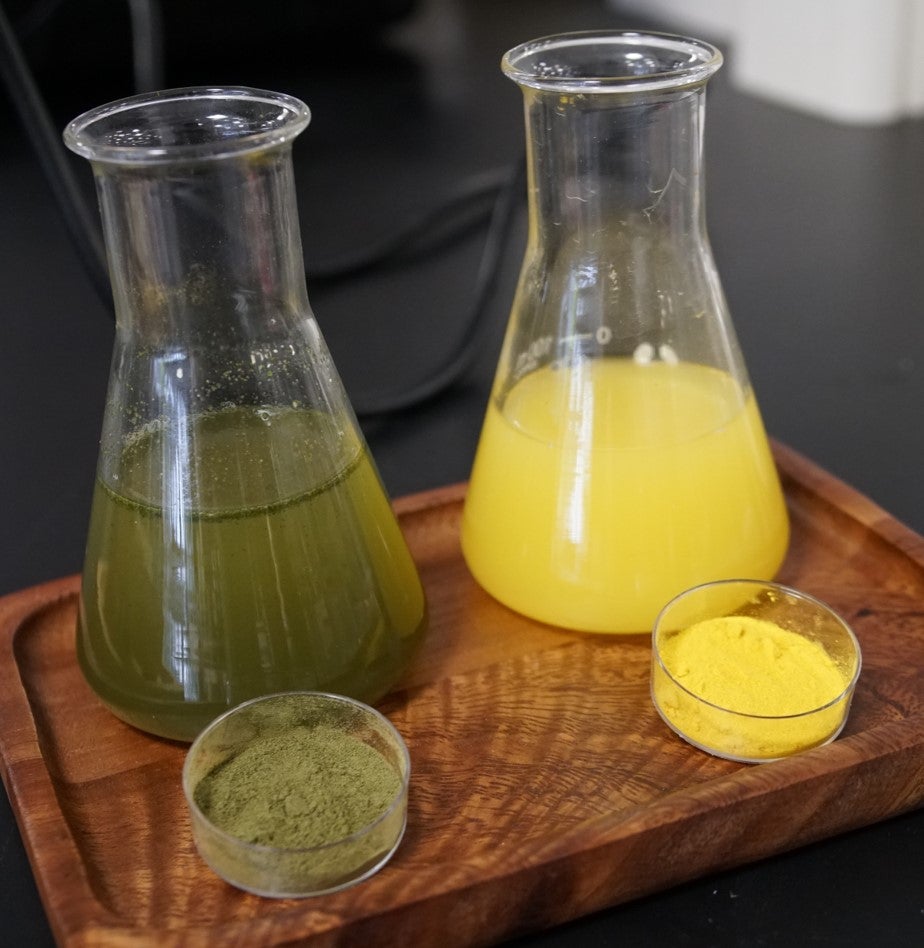
Sustainable, nutritious food from microalgae
Microalgae is packed with proteins and is potentially a healthy superfood. Our scientists are working on a project to produce microalgae-based proteins as an alternative food source. Dr Alcine CHAN leads research on microalgae cultivation using food sidestreams to produce cost-effective plant proteins, while Dr SONG Zhixuan is developing an effective way of releasing and extracting microalgal protein for food product formulation. Dr Audrey KOH and PhD student Poornima VIJAYAN are using state-of-the-art extrusion and three-dimensional (3D) printing to produce plant-based seafood analogues from microalgal protein, with optimised nutrition and organoleptic properties catering to different nutritional needs.
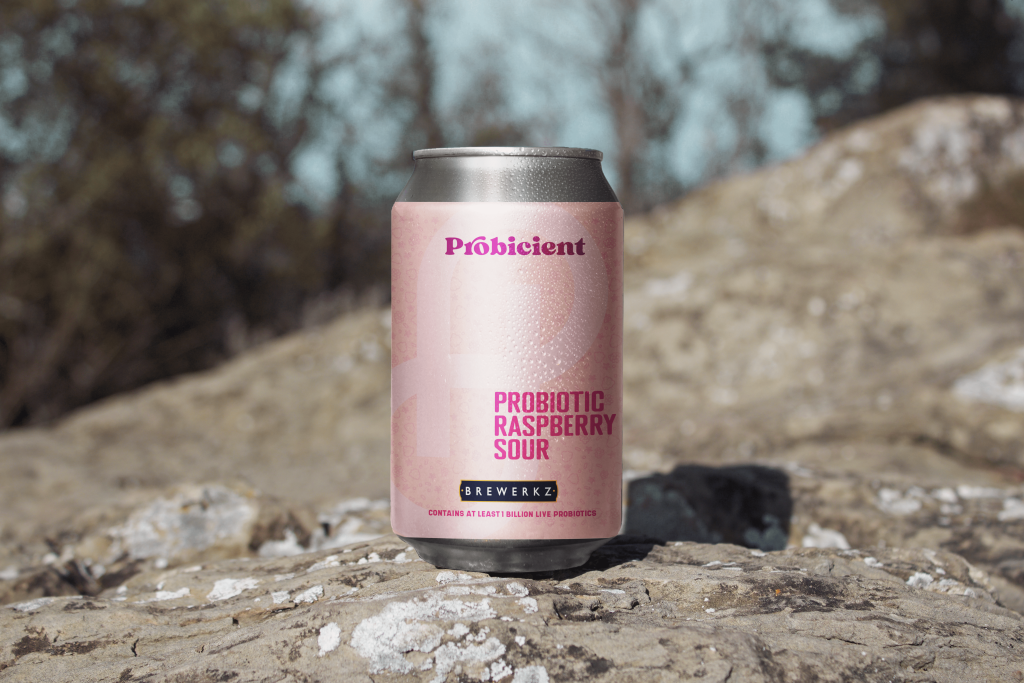
The world’s first probiotic raspberry sour beer
This was created by Assoc Prof LIU Shaoquan and his team in 2017 and has since been commercialised as a food technology startup, Probicient, in collaboration with Brewerkz Brewing Co. Probicient pairs unique probiotic strains and patented fermentation processes, ensuring the probiotics’ survivability and its intrinsic antimicrobial compounds. Probiotic Raspberry Sour Beer was selected as one of the three Product of the Year (Probiotic) finalists at the NutraIngredients-Asia Awards (2022) and was launched in all Brewerkz’s local outlets in March 2022.
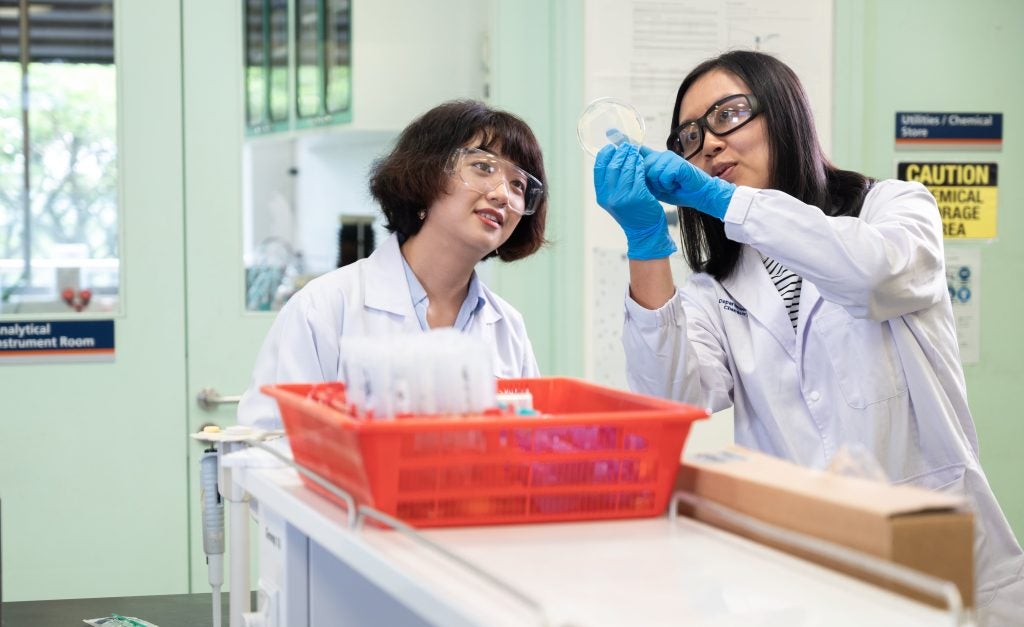
Innovative urban farming solutions
The NUS Research Centre on Sustainable Urban Farming (SUrF) commenced operations in January 2022 to develop novel science- and technology-based solutions for urban farming in Singapore. SUrF Co-Chair Prof ZHOU Weibiao is collaborating with Kok Fah Technology Farm Pte Ltd and Sky Urban Solutions Holding Pte Ltd to investigate the effects of light-emitting diode (LED) wavelengths on vegetables grown indoors as well as the quality, nutritional value and microbial safety of vegetable juices. SUrF Associate Director Asst Prof LI Dan will examine the safety of leafy greens produced indoors and Dr LEONG Lai Peng will study the factors that reduce cupping and crinkling of leafy vegetables grown indoors.
Shaping Future Society
In May 2022, we hosted a symposium on sustainable food production and alternative proteins for scientists from Wageningen University & Research, a leading university in food science and technology. Researchers exchanged ideas on the use of cutting-edge technologies and novel processing techniques to produce food with high nutritional value, good sensory properties and low environmental impact.
This year, the third iteration of the annual NUS FoodTech Challenge was open to international participants for the first time. Over 360 participants from around the world developed food concepts which combined taste, health and sustainability while also addressing contemporary problems faced by the food industry.
Year 1 student KWOK Jing Lin led her team to organise the event, engage industry experts as judges and mentors and secure sponsorship funds. Year 3 student Paulie TEO was part of the winning team that created Yummgel, a low-calorie, high-fibre fruit jelly to address obesity from snacking.


